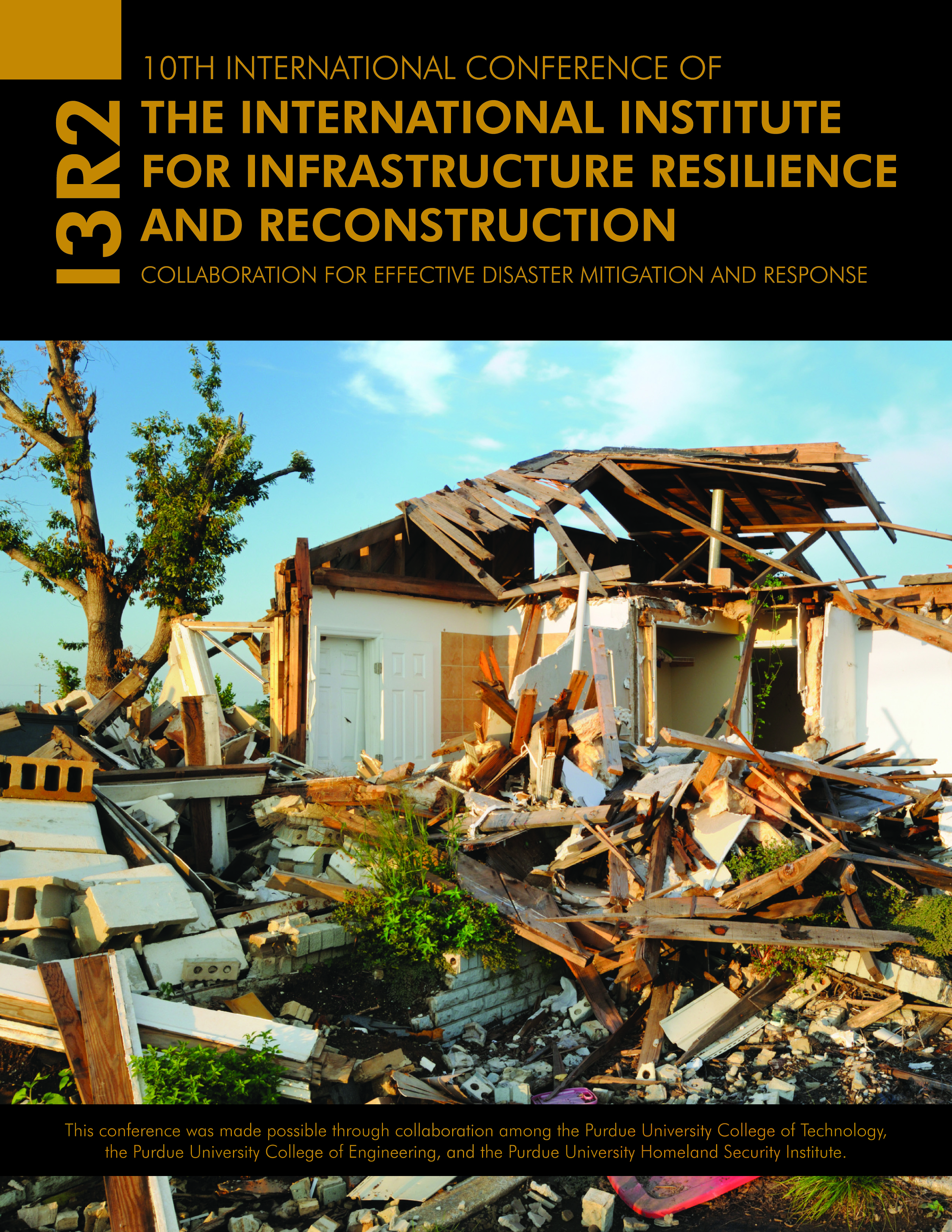Abstract
Normative solutions for the successful recovery from large-scale disasters have been presented by various researches, but implementation requires a long process, and mechanism for the process to continue is necessary. We consider the consistency among strategies of stakeholders such as government and NGOs. These players make a decision based on not only direct motive but various complex motives and interaction with other players. This paper considers interactive decision-making as a game among stakeholders. As a case to study, we analyze housing reconstruction project in Sri Lanka after the 2004 Indian Ocean Tsunami. There was relatively abundant financial support, but the recovery process did not work in a desirable direction. Regarding two important decisions defining the result of recovery, stake holders’ possible decisions are evaluated and, by using game theoretic approach, the reason of poor output and the conditions to shift equilibrium to the one suitable for the long-term goal of recovery are discussed. These analyses showed that motive-compatibility among stakeholders should be considered when we design recovery process form the severe disasters.
Keywords
long-term recovery, motive of decision, game theory
DOI
10.5703/1288284315375
Recommended Citation
Choi, C. Y., & Honda, R. (2014). Motive and Conflict in the Disaster Recovery Process of Housing Reconstruction in Sri Lanka after the 2004 Indian Ocean Tsunami. In Randy R. Rapp & William Harland (Eds.), The Proceedings of the 10th International Conference of the International Institute for Infrastructure Resilience and Reconstruction (I3R2) 20-22 May 2014. (146-154). West Lafayette, Indiana: Purdue University.
Included in
Civil Engineering Commons, Other Public Affairs, Public Policy and Public Administration Commons, Policy Design, Analysis, and Evaluation Commons
Motive and Conflict in the Disaster Recovery Process of Housing Reconstruction in Sri Lanka after the 2004 Indian Ocean Tsunami
Normative solutions for the successful recovery from large-scale disasters have been presented by various researches, but implementation requires a long process, and mechanism for the process to continue is necessary. We consider the consistency among strategies of stakeholders such as government and NGOs. These players make a decision based on not only direct motive but various complex motives and interaction with other players. This paper considers interactive decision-making as a game among stakeholders. As a case to study, we analyze housing reconstruction project in Sri Lanka after the 2004 Indian Ocean Tsunami. There was relatively abundant financial support, but the recovery process did not work in a desirable direction. Regarding two important decisions defining the result of recovery, stake holders’ possible decisions are evaluated and, by using game theoretic approach, the reason of poor output and the conditions to shift equilibrium to the one suitable for the long-term goal of recovery are discussed. These analyses showed that motive-compatibility among stakeholders should be considered when we design recovery process form the severe disasters.



